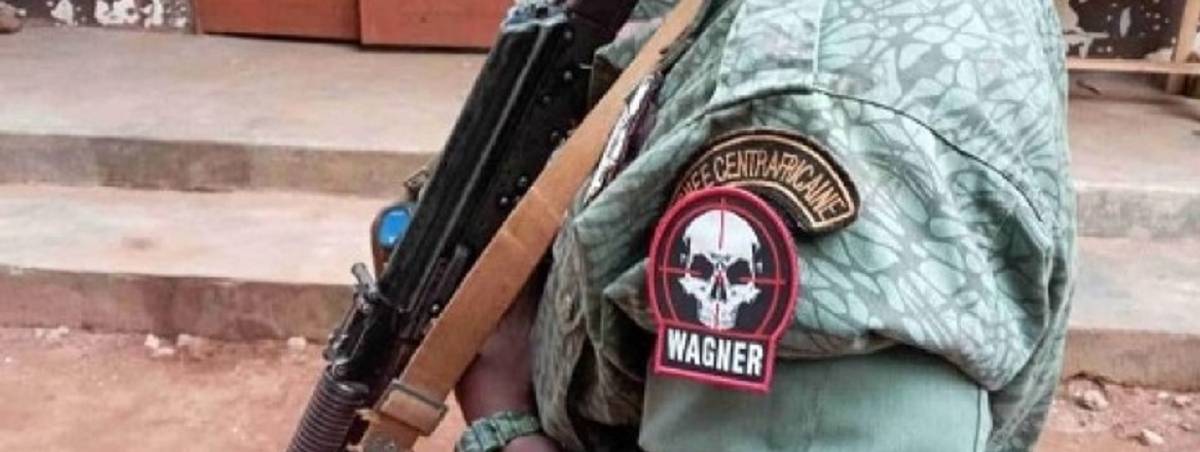Wagner Group and Russia’s Presence in Africa and the Middle East
We investigate the Wagner Group’s expansion as a hybrid mercenary-paramilitary entity and its role in advancing Russian foreign policy in conflict contexts in Africa and the Middle East.
This research project, running between 2023 and 2024, aims to investigate the Wagner Group's expansion and its role as a hybrid entity - part mercenary, part paramilitary, and a tool of Russian foreign policy. The project focuses on how the Wagner Group's business model, backed by Russian state support, is fostering instability and expanding Russian influence in Africa and in the Middle East.
The project analyses the Wagner Group's operations and its connections with Russian and local businesses through interviews, fieldwork, and financial research in conflict zones including Syria, Mozambique, Mali, and the Central African Republic. It provides detailed insights into the Wagner Group’s modus operandi, marketing efforts, and its relationship with elites in regions where traditional Western interventions have been discredited. Key research questions include understanding the Wagner Group's drivers of expansion, the appeal of its services to authoritarian regimes, and policy options to counter its influence.
Aims and objectives
The project aims to:
Investigate the Wagner Group's Expansion
Understand what drove the expansion of the Wagner Group, a hybrid mercenary-paramilitary organization that operates with Russian state backing, particularly in Africa and the Middle East.
Analyse the Wagner Group’s Role in Russian Foreign Policy
Examine how the Wagner Group's activities align with Russia’s geopolitical strategies and its impact on local and international dynamics, focusing on the group's unique business model of merging military and economic interests.
Explore Client Relationships
Identify why the Wagner Group’s clients, often authoritarian regimes and elites, were drawn to its services and whether they saw long-term partnerships with the Wagner Group as part of an alternative world order led by Russia.
Examine the Wagner Group’s Business Model
Investigate the financial and operational structures that sustain the Wagner Group, including its exploitation of natural resources and involvement in shadow economies, particularly in unstable regions.
Develop Policy Recommendations
Provide insights for policymakers on how to counter the Wagner Group’s influence and prevent the spread of its model, offering alternative strategies for security assistance and sanctions.
Early findings show that the Wagner model has been experiencing serious issues as a tool of Russian foreign policy and that any plan to carve out a Russian sphere of influence in parts of Africa and of the Middle East through Wagner or similar groups will need a significant overhaul.
Project team
Dr Antonio Giustozzi
Senior Research Fellow
Terrorism and Conflict
Chris Goodenough
Programme Manager
Terrorism and Conflict
Emily Winterbotham
RUSI Senior Associate Fellow, Terrorism and Conflict
Dr Joana de Deus Pereira
Senior Research Fellow
RUSI Europe
Dr Jessica White
Director of Terrorism and Conflict Studies
Terrorism and Conflict






